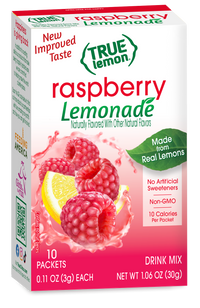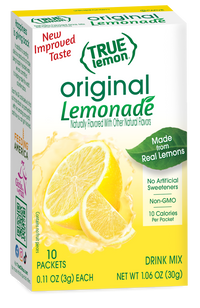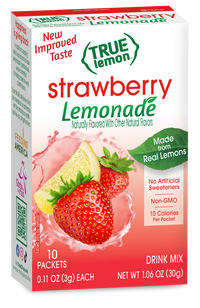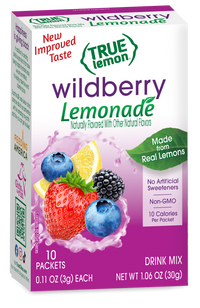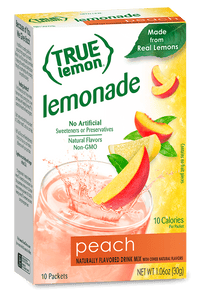December 13, 2022
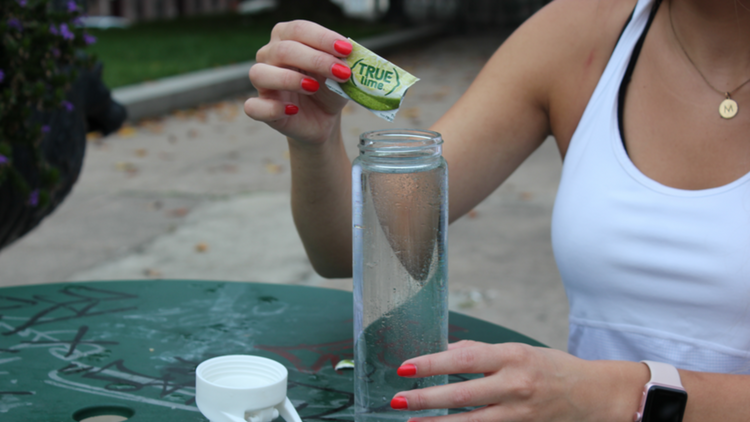
How Much Water Should I Drink? (And Why It Matters)
Nearly 75 percent of Americans are chronically dehydrated. What does this mean? Even though most people know they should drink water over other beverages, they still reach for something else to quench their thirst. This leaves their body starving for something that’s so essential in every part of what it does.
It’s easy to become dehydrated while spending time outdoors on a hot summer day. You can fix this by drinking an extra glass or two of water. However, when someone does not meet their recommended water intake regularly, their body is forced to keep functioning without enough water. This is chronic dehydration.
Why is it so important to hydrate?
Nearly 60 percent of our bodies are made up of water. The body uses water to function in every possible way. From joint movement and energy to digestion and brain health, water is a force for our bodies that can’t be substituted.
When you don’t get enough water, your body will tell you. You may feel some of these dehydration symptoms:
- Fatigue
- Poor sleep
- Dizziness
- Irritability
- Trouble concentrating
- Dry mouth and skin
- Headaches
- Muscle cramps
- Constipation
Drinking an adequate amount of water throughout the day not only helps you move better, it also ensures you have enough energy, sleep better and think more clearly.
How much water do I need?

For so long, the recommendation on how much water to drink has come down to one number – eight.
Eight glasses of eight ounces of water. Is that true for everyone? Well, more recent studies suggest that may not be the case.
It’s nearly impossible to standardize one number for everyone. Individuals are incredibly unique.
Does a 23-year-old competitive athlete require the same amount of water to stay hydrated as a 53-year-old full-time office worker who walks three days each week for exercise? Different people have different requirements.
There are many things that factor into the amount of water someone should drink. At a minimum, we look at age, gender and weight. Then you factor in lifestyle factors such as where the person lives – what is the climate like – and how much physical activity they perform regularly.
The Mayo Clinic recommends calculating the amount of water you should drink in ounces:
1. Take your weight in pounds and divide it by 2.
2. Multiply that number by one of the following:
- 40 (If you’re younger than 30)
- 35 (If you’re between 30 and 55)
- 30 (If you’re older than 55)
3. Divide this number by 28.3.
Take your base number and add additional water based on the following factors:
- 12 ounces of water for every 30 minutes of high-intensity exercise. (American College of Sports Medicine)
- 12 ounces of water if you live in an extremely dry or extremely humid environment. (Mayo Clinic)
- 24 to 32 ounces of water if you are pregnant or breastfeeding. (American College of Obstetricians and Gynecologists)

Use our online hydration calculator.
Who would’ve thought drinking water could be so complex! Isn’t there a way to make it easier? We’re with you on that one! That’s why we created a hydration calculator for you to find out how much water you should drink – quick and easy!
Just answer a few questions, and let the calculator do the work. Then, get your recommended water intake and get to hydrating!
4 tips to drink more water throughout the day.
Now you know how much water you should drink every day. What’s next? You may be thinking to yourself, “How am I possibly going to drink more water?”
Don’t worry, you don’t have to chug it all at once! We have a few tried and true tips for you to start adding more water throughout your day.
1. Drink a glass of water first thing in the morning. Start early! Before heading for the coffee maker, get a full glass of water in. This will help your body rehydrate fluids lost while you were sleeping.
2. Drink when you feel hungry. When you head to the fridge for that mid-morning or afternoon snack, drink a glass of water first and wait 10 minutes. A lot of times, we mistake thirst for hunger. By delaying the impulse to snack, you’ll hydrate and learn better to understand your body’s hunger and thirst cues.
3. Eat more fruits and veggies. Also, don’t forget about your meals! If you’re eating a well-balanced diet (with 1-2 cups of fruit and 3-5 cups of vegetables daily), about 20 percent of your water intake will come from food. So stock up on a rainbow of fresh produce next time you hit the supermarket.

4. Make it flavorful! It’s no secret that water tastes like…well, water. It’s just easier to drink when it’s got a little bit of flavor.
So throw a few True Lemon drink mixes into your pocket, purse or bag to take with you anywhere you go. These are made from real lemons and limes, giving you all the fruitiness without the artificial stuff and calories you don’t need.
Try unsweetened Fruit Infusions for just a hint of flavor or something with a little more punch, like our popular lemonades, limeades and orangeades, sweetened with stevia.

Written by
Amy Cimo is a Nutrition Coach, Personal Trainer and Wellness Enthusiast based out of Baton Rouge, Louisiana. After going through her own health journey, she found her passion in helping others find balance between nutrition, physical activity and mindset to live healthy and be truly happy. Amy attended Louisiana State University where she received a Bachelor of Arts in Mass Communication and a Bachelor of Science in Business Administration. She became a Certified Personal Trainer in 2021 through the National Academy of Sports Medicine (NASM) and a Certified Nutrition Coach in 2022 through Precision Nutrition.
More Tips for Staying Hydrated


